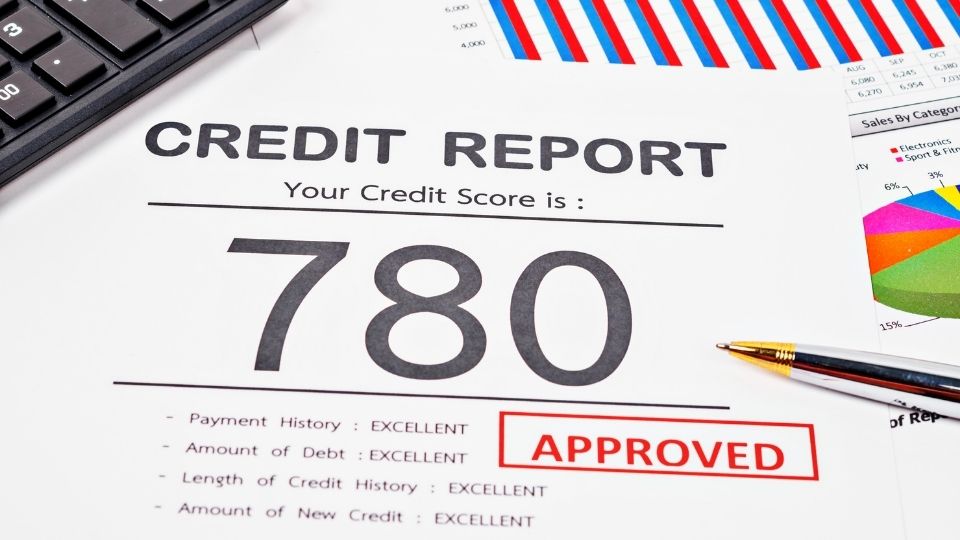Investing, saving or spending in NZ? The 6 steps of financial planning 💸

Investing, saving or spending?
Investing, saving or spending? Financial planning is key 🔑.
In today’s ever changing financial landscape, Kiwis across New Zealand are faced with the dilemma of whether to save, invest, or spend their hard-earned money💰. Saving for a house 🏠 is more difficult than ever with wages not keeping up with inflation. However, with the proper advice and information, you can make the most of your finances.
With a multitude of options available, ranging from traditional savings accounts to investment in the share market, making the right choice can seem daunting.
In this blog, we’ll explore the various things to consider when deciding whether to save, invest, or spend, and share the 6 steps to financial planning as laid out by the FPSB (Financial Planning Standards Board).
Let’s get your finances in order ✅.
Understanding Your Options: Spending, Saving or Investing
Since the pandemic, many NZ residents and citizens of the world realise the importance of saving for a rainy day☔️. However, it can be argued that true wealth creation lies in building assets and investing💰. Let’s have a look.
Saving for retirement & short-term goals
💸Savings Accounts:
If you have money in the bank consider where it’s resting. A current account means 0 interest and so as inflation rises, its value decreases. Traditional savings accounts offer interest rates (IR’s) that offset the effects of inflation.
So, depending on inflation at the time and the IR offered to you, you can better maintain or possibly increase the value of your money over-time by putting money in a savings account. 💸
Some banks offer higher interest rates when you don’t spend your money or only offer interest when you keep depositing, so make sure you look at the T&Cs.
📆 Term Deposits:
Term deposits offer a secure way to save money with a guaranteed interest rate over a fixed term. They are ideal for short-term savings goals or emergency funds.
Having money in a term deposit account can be more effective than a traditional saver, as they usually come with an offer of higher interest rates. With this, however, often comes a lack of liquidity, as you cannot access your money until the term expires unless you pay a penalty. Though with savers, you can access your money penalty free whenever you like.
When considering emergency funds, have a look at the penalty. As they are for emergencies only, hopefully you would not need to use them! So getting higher interest would be beneficial.
🥝 Kiwisaver:
KiwiSaver is a government-initiated retirement savings scheme designed to help New Zealanders save for retirement. Contributions are deducted from your salary and invested in a variety of funds.
Another plus of this account is that all of your contributions added into your Kiwisaver funds, and your employer’s contributions, are tax free. Any tax on the account is only attributed to investment gains.
There are, of course, many other options for retirement funds and you may wish to shop around and see what works for you. If you think Kiwisaver is for you, it is pretty easy to get started, check out the government information here.
Interest Rates, something definitely worth considering
Monitor prevailing interest rates when deciding where to save your money, and compare those offered by banks for term deposits and savings accounts in order to maximize your returns.
It is worth reading the terms and conditions of every account you have. Having a reassess of your bank accounts and reshuffle of your finances can be a great way to make the most of your money.
Investing for long-term growth & wealth expansion
📈 Shares and the Share Market:
Investing in shares provides an opportunity to own a portion of a company and participate in its growth. The New Zealand share market offers a range of investment opportunities across various industries.
🧮 Managed Funds and ETFs:
Managed funds and exchange-traded funds (ETFs) offer diversified investment options managed by professionals. They provide exposure to a wide range of assets, such as stocks, bonds, and property.
When considering your investment portfolio, most fund managers often recommend a diversification. Spreading your money and not putting all your eggs into one basket, so to speak. 🪺 A well-diversified portfolio often includes lower risk, like investing in bonds, and higher risk, like investments in the stock market. Most experienced investors will have some level of diversification, including some higher-risk investments.
Within your higher risk investments, there are also different levels of risk. The S&P 500 for example, is traditionally a good bet as you’re investing in the largest publicly traded companies in the U.S. This would be different to investing in cryptocurrencies 👾 or single stocks, for example, which comes at extremely high risk and is essentially gambling.
Considering investing? Here are a couple of things to consider before making your mind up.
⚠️ Risk Tolerance:
Consider your risk tolerance and investment timeframe when choosing between saving and the world of investing. Investments in the share market or managed funds carry higher risk but potentially offer higher returns over the long term. Investing involves risks, and past performance is not indicative of future results.
🪙 Return on Investment:
Evaluate the potential returns offered by different savings and investment options. While term deposits provide a guaranteed return, investments in shares or managed funds may offer higher returns over- time.
Bonds are often lower risk investments but offer a lower rate of return. Stocks and shares are on the higher end of the risk scale but can offer larger rates of return. Financial advisors would often recommend a diversified portfolio depending on your risk tolerance.
Remember, it is essential to conduct thorough research and seek professional advice before making any financial decisions.
Spending wisely doesn’t mean you have to give up what you love!
Of course, we want to have the option to enjoy the money that we earn! This is where budgeting comes in. Creating a budget helps manage expenses effectively and prioritize spending on essential items. You can organise your finances in such a way that enables you to cover all your bases and still spend on the things you enjoy! 😍
So how do you know whether to invest, save or spend your money?
Well, this is where financial planning comes in. 🗓️
For the beginner investor, getting financial advice from a qualified advisor is advisable. They can provide personalized advice tailored to your financial goals and circumstances. They can give you an introduction to the basics and help you learn about investing from credible sources and get your money to work for you.
A basic rule you can follow would also be the: 50-30-20 rule
50% needs 30% wants 20% savings/investments.
If you’re wanting to get started right away, this is a good rule to follow and you can use a budgeting tool to help you reach this goal for starters.
The value of Financial Planning
The value of financial planning, especially in today’s climate, cannot be overlooked. The pandemic threw many NZ families into disarray, with the unemployment rate hitting 5.3%.
“In this current volatile climate, where unexpected events can send shockwaves through the global economy, the role of financial planning in general … has become even more critical in empowering consumers to make informed financial decisions and achieve their long-term goals, while enjoying a better quality of life.”
-Dante De Gori, CFP, Chief Executive Officer, FPSB
Global institutions like the FPSB “Financial Planning Standards Board” have undertaken studies that support the value of financial planning, also recommending that speaking to a professional is invaluable.
The 6 steps of financial planning
The FPSB breaks down the financial planning process into 6 steps:
- Establish the relationship – Between you and your financial planner
- Collect information – Your financial planner collects information about your finances such as debt, current investments, income and general outgoings.
- Analyze your situation – Your planner would then assess your financial status.
- Develop a plan – They would then present a plan outlining recommendations to better manage your finances and make the most of your money. This could include consolidating your loans and budgeting.
- Implementation – You would then work with your planner to effectively implement the proposed plan.
- Review
In Conclusion:
Whether to save, invest, or spend your money ultimately depends on your financial goals and personal circumstances. By understanding the various options available and considering factors such as return on investment, interest rates, and risk tolerance, you can make informed decisions to secure your financial future. 🌞
Remember, it’s never too late to start saving and investing wisely to achieve your long-term financial objectives. Whether you’re a beginner investor or wanting to take control of your finances, consider financial planning and budgeting with an expert to help you get on the road to complete financial health and freedom! 🪴
Here are some useful sites for you to take a look at:
- Financial Markets Authority (FMA)
- Reserve Bank of New Zealand (RBNZ)
- Sorted
- New Zealand Exchange (NZX)
by Ash Horton
February 15, 2024
Ash is a professional content writer with extensive experience in business development in the financial services. Ash has founded businesses from the age of 19, including franchising ventures, and working alongside some of the largest retailers in the world.









